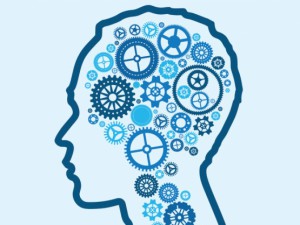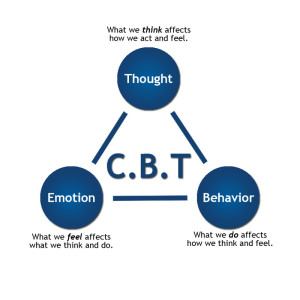 Bullying in schools has gotten a lot of attention over the last couple years. Part of that is due to the advent of technology and the ability to bully from virtually anywhere, at any time, with a much larger scope and possibly less consequences than one would have inside a classroom. Still, for many detractors, it’s just an example of kids being kids, at best, and at worst, the need for recipients of the behavior to toughen up. After all, we’ve all been bullied or know someone who was, and that they turned out “ok;” yet research suggests that may not be true.
Bullying in schools has gotten a lot of attention over the last couple years. Part of that is due to the advent of technology and the ability to bully from virtually anywhere, at any time, with a much larger scope and possibly less consequences than one would have inside a classroom. Still, for many detractors, it’s just an example of kids being kids, at best, and at worst, the need for recipients of the behavior to toughen up. After all, we’ve all been bullied or know someone who was, and that they turned out “ok;” yet research suggests that may not be true.
In a study conducted by National Children’s Bureau and YoungMinds, victims revealed that not only did bullying have a significant impact on their mental health, with regard to depression, anxiety and varied emotions like anger and rage, for many, the effects remained long after school. Nearly half (46%) of those polled said that they experienced low self-esteem throughout their lives, with some of them remarking that bullying made it noticeably more difficult for them to develop personal relationships with others.
Among the most surprising and equally saddening findings of the study is that over one-third of participants avoided going to college or continuing their education as a result of and to avoid bullying. Such significant life-altering decisions are likely not considered by perpetrators or those who defend them. Not going to college, as we know, could determine one’s economic status and overall success in today’s society. Therefore, depression as a result of not being able to access certain levels of income or career goals could be considered a byproduct of behavior like body shaming or abuse because of sexual preference and/or expression.
For those perceived to have the power to quell these types of behavior, school teachers, majority of them have stated that these expectations are not reality. 70% of the teachers surveyed said there is not adequate support for victims of bullying, and that many of them were not at all trained to deal with bullies nor to support victims. Instead, school counselors are expected to provide support to these kids, but they do not interface with children as nearly as often, meaning relationships are not as strong and children may not confide in them when situations arise. Furthermore, counselors may be outnumbered by the volume of kids who need help at a given time.
This study was released by Anti-Bullying Alliance in partnership with Barclays, to mark the beginning of anti-bullying week. This information, while informative, is just information unless systems are put in place to provide more training for teachers, parents and even family doctors (92% of whom expressed having no formal training in dealing with bullied victims) to properly address this issue. If ignored, the effects could be damaging for far too many people, even unto suicide or worse. There is a lot of work to do; this information and groups like the Anti-Bullying Alliance are a good start.


